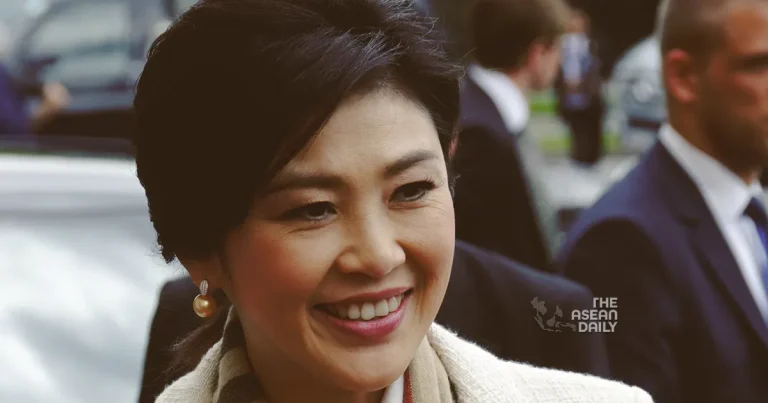26-12-2023 (BANGKOK) The Supreme Court’s Criminal Division for Holders of Political Positions has acquitted former Thai Prime Minister Yingluck Shinawatra of malfeasance in relation to her 2011 transfer of a National Security Council secretary-general. The court ruled that Yingluck had no intention of causing harm and that the transfer was a regular administrative decision, not part of a plot to manipulate the appointment of a relative to a high-ranking position.
Additionally, the court revoked the arrest warrant issued for Yingluck when she failed to appear in court for her trial in November of the previous year. The alleged abuse of power occurred on September 30, 2011, when Yingluck, serving as prime minister at the time, signed an order transferring Thawil Pliensri from the position of NSC secretary-general to an advisory role in the prime minister’s office. The cabinet approved the appointment of Pol Gen Wichean Potephosree, who was the national police chief at the time, as Thawil’s replacement at the NSC.
Subsequently, Yingluck, as ex-officio chair of the Police Commission, proposed the appointment of Pol Gen Priewphan Damapong, her close relative and then deputy police chief, as the national police chief to fill the vacancy left by Pol Gen Wichean. This proposal received approval from the Police Commission. Pol Gen Priewphan, who is the brother of Thaksin Shinawatra’s former wife Potjaman Na Pombejra, was due to retire on September 30, 2012.
Mr. Thawil filed a petition with the Supreme Administrative Court, which later ordered the revocation of the transfer order. Additionally, the Constitutional Court unanimously ruled that Yingluck had abused her power by interfering in the transfer of government officials, leading to her removal from the premiership.
On July 1, 2020, the National Anti-Corruption Commission found grounds to believe that Yingluck had been dishonest in performing her duties and recommended that the attorney general file a lawsuit against her in the Supreme Court’s Criminal Division for Holders of Political Positions. An arrest warrant was issued when Yingluck failed to appear in court for the initial hearing of the case in November 2022.
Yingluck expressed her dissatisfaction with the warrant, claiming that she had been subjected to relentless persecution in the Thawil case. The former prime minister has been on the run since August 2017, when she failed to appear in court for the reading of the ruling on a charge of dereliction of duty in a rice-pledging program that incurred significant losses, including cases of corruption. She was subsequently sentenced to five years in prison.
Yingluck’s elder brother, Thaksin Shinawatra, returned to Thailand on August 22 of this year after more than 15 years of self-imposed exile abroad. Shortly after his return, he was sentenced to eight years in prison (later reduced to one year through royal clemency) for abuse of authority and conflict of interest during his tenure as prime minister prior to 2006. Thaksin spent only 12 hours in prison before being transferred to the Police General Hospital, where he has undergone two surgeries and continues to receive treatment for various health conditions.
Former Deputy Prime Minister Wissanu Krea-ngam, who is also a lawyer, stated on Monday that if Yingluck desires to seek a royal pardon, she must first return to Thailand and engage with the justice system.




